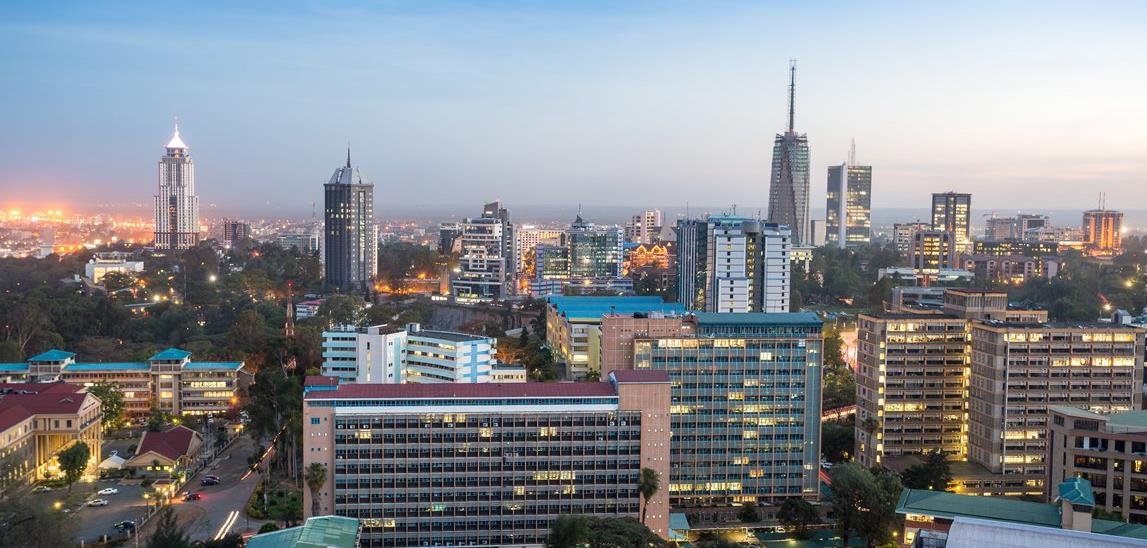This article was contributed to TechCabal by Conrad Onyango/bird
Support for small businesses keen to trade across the continent’s single market is being eyed as a potentially lucrative market by more and more African fintech startups.
Africa’s fintech startups are rapidly expanding beyond their host countries’ borders to tap into the anticipated surge in trade and investments with the opening up of the world’s largest single market, the African Continental Free Trade Area (AfCFTA).
Surge in intra-continental expansion
In the last month alone, a number of startups have either raised growth funds, acquired another player present in regional markets within the same vertical, or tapped top talent in the telecoms industry. Their intention appears to be the targeting of small industries and traders seeking cross-border opportunities in new African markets.
Kenyan based Asante Financial Services Group, focused on supporting the growth of micro, small and medium enterprises (MSME’s), has raised 7.5 million US dollars in series A funding to scale business credit offering to small businesses in Kenya and Uganda access to new markets across Africa.
“The investment enables Asante to scale its credit offerings to the underserved segment of MSMEs in Kenya and Uganda, and expand to Nigeria and Rwanda,” the start-up said in a statement.
Tala, with African Operations in Kenya, Nigeria and Tanzania has begun a ‘Rebuild Fund Business Program’ targeting Kenya’s hard-hit micro, small and medium-sized enterprises it say will help them build back better post-COVID-19 pandemic.
The program comes barely a month after Tala raised 145 million dollars in equity, hinting that part of the growth funds would go toward supporting its geographical expansion.
The World Bank puts the annual SME credit gap in Sub Saharan Africa at about 330 million US dollars, with traditional “brick and mortar” lenders turning a blind eye to small traders on account of lack of – among others – collateral, high costs of due diligence, customer acquisition, distribution and servicing.
“MSMEs—particularly those in the informal sector—are being held back by a lack of responsible lending from traditional financial services providers who are unable to run accurate credit checks and offer profitable loans to this segment of the market,” said Bitta Wycliffe, Senior Investment Associate at Goodwell Investments.
Pan-Africa fintech firm, MFS Africa is also making inroads in Nigeria through the acquisition of Baxi, a Nigerian start-up with a 90,000-agent network. The October move gives Nigerian SME’s listed on Baxi access to MFS Africa’s multiple mobile money payment wallets, currently serving up to 320 million customers in more than 35 African countries.
Another Pan-African fintech venture, Yabx, with a presence in 12 African countries recently tapped a telecoms industry expert with over 15 years in experience as a new director for its business.
Eunice R. Gatama, who has worked for, among others, Kenya’s Safaricom, in its mobile money (M-Pesa) division, as well as NCBA bank, has been tasked with pushing the growth of Yabx digital lending services in new African markets.
Until recently, a lack of local knowledge and access to trade and market information has been linked to low trade volumes and value. With more money pouring into the hiring of top regional talent, that scenario, too, is likely to change.




















